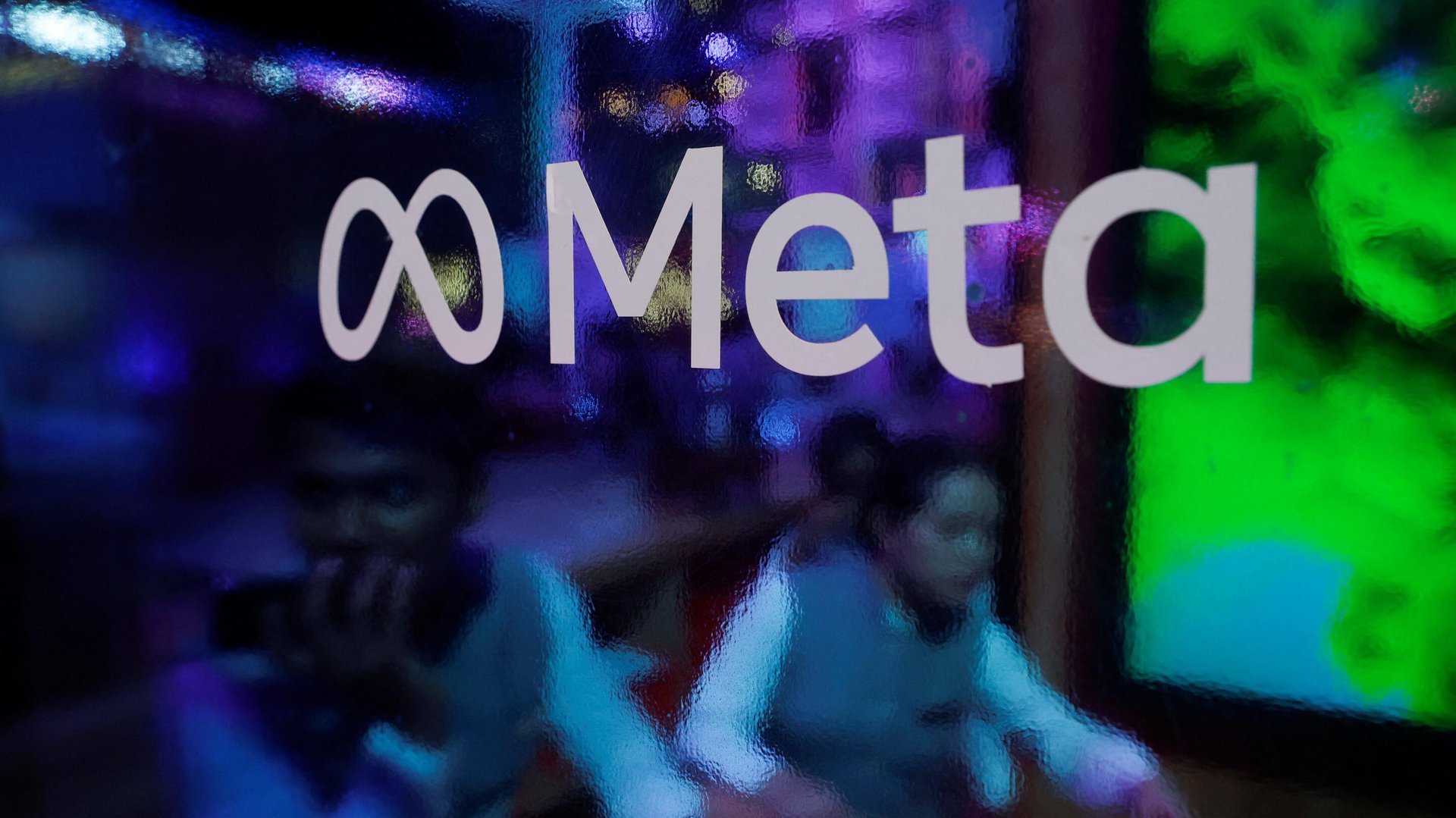A disinformation scholar claims Meta is the reason her time at Harvard was cut short
Joan Donovan is accusing Harvard Kennedy School of shutting down her research to protect Meta

Harvard University’s Kennedy School stands accused of muzzling a researcher and then muddling the facts around her dismissal in a bid to appease Meta.
Suggested Reading
Joan Donovan served as director of the Technology and Social Change Research Project (TaSC) at Harvard’s Shorenstein Center on Media, Politics and Public Policy. The project, which explored media manipulation and its disruptive effects on democracy and society, started in 2019 and shut down at the end of August 2023.
Related Content
Donovan’s lawyers at Whistleblower Aid allege that the school “began to target Dr. Donovan’s team, their work, and her personally in an effort to diminish—if not destroy—their research and public engagement” after receiving funding from the Chan Zuckerberg Initiative (CZI), the foundation that Meta founder Mark Zuckerberg and his wife, Priscilla Chan, run together.
Donovan’s alleged gagging and eventual firing violated her civil rights, including her freedom of speech and freedom of association, her lawyers argue.
In response, HKS said on Dec. 4 that the “allegations of unfair treatment and donor interference are false.” It also pointed to current projects—including the Facebook Archive, an academic archive that makes thousands of leaked Facebook documents available to researchers, and the HKS Misinformation Review, the only peer-reviewed academic journal on misinformation—as proof that “donors have no influence over this or other work.”
As for Donovan’s case, the school said TaSC was shut down because it failed to find a faculty member “who had time and interest to lead the project.” HKS also claimed “Joan Donovan was not fired,” and was offered a part-time adjunct lecturer position. Most members of the research team stayed on at Harvard in new roles, it adds. Donovan has since left Harvard for Boston University.
NPR reported that Latanya Sweeney, a Harvard professor who worked with Donovan on FBarchive, has denied Donovan’s account.
Whistleblower Aid CEO Libby Liu told Quartz that Harvard’s take on Donovan’s termination “is a dodge to avoid real accountability for the millions of dollars in funding HKS took from her program when they terminated her position,” and she questions why the lack of a faculty supervisor wasn’t an issue until after the CZI money came in.
“One doesn’t have to be an academic to understand that when you are removed from a research director position overseeing a large staff and a budget of millions, you have been fired,” Liu said. “Being offered the opportunity to teach a class part-time does not negate that fact.”
A timeline of Joan Donovan’s work at the Harvard Kennedy School
December 2018: Joan Donovan starts as director of Harvard’s Technology and Social Change Research Project (TaSC).
Early 2019: Donovan negotiates a $700,000 contribution from the Miami Foundation, which allows her to pay researchers, an administrator, and her own salary.
January 2020: Donovan and her team are gaining public accolades, and she is called to testify to US Congress on media manipulation and disinformation.
February 2020: Nancy Gibbs, faculty director at the Shorenstein Center, which houses TaSC, promotes Donovan to research director for the entire center.
September 2021: Donovan comes into the lawful possession of the “Facebook Files,” which whistleblower Frances Haugen lawfully disclosed to federal regulators and Congress, days before they’re made public. (HKS will later claim it accessed these files as part of an anonymous drop.)
October 2021: Donovan is speaking before the Dean’s Council when Elliot Schrage, former head of policy and communications at Facebook, gets agitated and interjects with criticism of her reading of the Facebook Files. Soon after, HKS leadership begins questioning Donovan about her research.
November 2021: Donovan gets an email from HKS dean Douglas Elmendorf, asking to meet and discuss her research.
December 2021: The Chan Zuckerberg Initiative makes a $500 million commitment to Harvard for a university-wide center focused on natural and artificial intelligence.
January 2022: A meeting is set up with Kennedy School leadership, where Donovan feels Elmendorf wants to poke holes in her research.
August 24, 2022: In a 45-minute one-on-one meeting, Elmendorf informs Donovan that he’s shutting down her research team and won’t honor her employment contract through December 2024, according to Donovan.
January 2023: Donovan is “barred from hosting public events and restricted from any activity that would ‘raise her profile,’” and thus her research, from gaining any meaningful reception,” according to her lawyers. She’s also “not allowed to communicate to donors and supporters her understanding of what was taking place.”
February 2023: A press release about the winding down of TaSC cuts Donovan out of the Facebook Archive project, which the tech lab now oversees.
March 2023: Gibbs informs Donovan by email that Harvard “owns” all of the intellectual property she created while working at the Shorenstein Center, according to Donovan.
July 13, 2023: According to Donovan, HKS tells Donovan that it’s ending the TaSC program and her employment on Aug. 31, and that her role as research director for the Shorenstein Center is being eliminated. HKS denies she was fired and says she was offered a part-time adjunct lecturer role.
People of interest: Sheryl Sandberg and dean Elmendorf
Sheryl Sandberg, the former chief operating officer at Meta, was educated at Harvard, where Elmendorf was her undergraduate advisor and the faculty advisor of the “women in economics” club Sandberg founded. The pair remain close. Two days before Donovan was fired, Elemendorf attended Sandberg’s wedding, as shown by a photograph in People magazine. Elmendorf, who has served as HKS dean since 2016, plans to step down next June.
Quotable: Manipulating research
“The facts in this case are similar in motive and tactics to prior industry campaigns of Big Tobacco, Oil and Gas, and Big Pharma, each of which manipulated institutions into producing ‘research’ products that supported their respective industries and further harmful public narratives.”
—Donovan’s legal complaint
